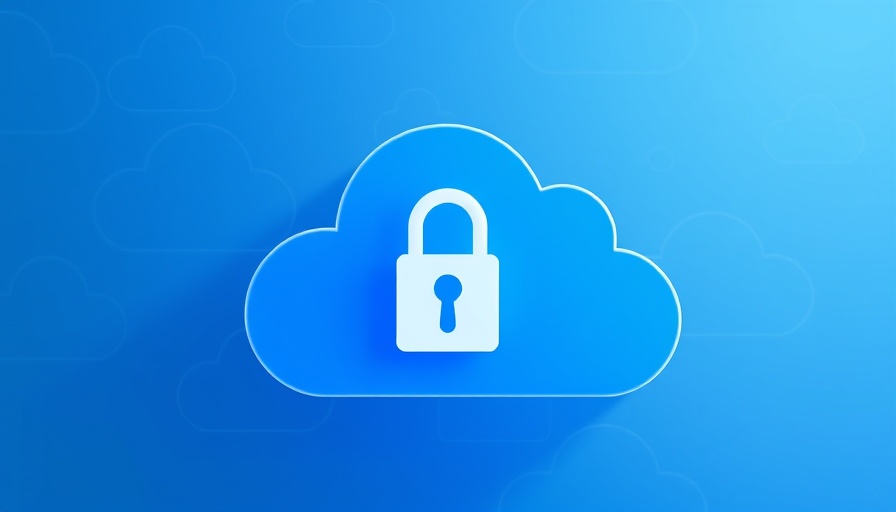
UK Government's Strike at Apple: The Backdoor Controversy
The recent ruling from the Investigatory Powers Tribunal in London has brought the U.K. government’s demand for Apple to provide a backdoor access to its encrypted data into the public eye, challenging the traditional norm of secrecy around national security cases. The tribunal has declared that key details of this legal request will not remain hidden from public scrutiny, stating that such disclosure does not harm the public interest nor jeopardize national security.
A Battle Over Encryption and User Privacy
This case is significant not only because it addresses the specific request made by the U.K. but also due to the broader implications for data privacy, law enforcement, and technology companies worldwide. Apple has firmly maintained that it will never create a backdoor to its products. This commitment underscores an ongoing tension between government demands for security access and user privacy, a debate that resonates globally in our digitally interconnected age.
What We Know So Far: Details of the Case
Although specific details of the U.K.'s legal demands remain mostly undisclosed, reports suggest that the request aims to ensure U.K. authorities can access the encrypted cloud data of any Apple user globally. This aspiration raises deep concerns about the extent of surveillance and control authorities want over personal data, potentially leading to unwarranted breaches of individual privacy.
Public Revelations and Backlash
The scrutiny around this case intensified following a leak that revealed the U.K.'s backdoor demand, prompting Apple to retract its Advanced Data Protection services from the U.K., effectively signaling the company's firm stance against governmental overreach. Such actions highlight the delicate balance tech companies must navigate between compliance with laws and their ethical obligations to protect user privacy.
Calls for Transparency: The Unified Voice
The decision to reject the U.K. government's appeal for secrecy has galvanized diverse groups, ranging from watchdog organizations to bipartisan politicians, demanding transparency in such proceedings. This collective push aligns with a growing recognition among citizens about their rights to privacy and the appropriate limits of government surveillance capabilities.
The Global Perspective: Surveillance vs. Privacy
Similar cases abound worldwide, where governments attempt to infringe upon digital privacy under the guise of national security. Countries across Europe, North America, and beyond grapple with the challenges of encryption and the unyielding push for backdoors. Such global trends indicate a precarious balance between protecting citizens and allowing for governmental oversight.
Potential Outcomes: What Lies Ahead?
With Apple appealing the initial surveillance order, the case is set to evolve, potentially setting a precedent for future tech-government relations. The outcome could redefine expectations regarding privacy rights versus state security needs, shaping the discourse on tech governance for years to come.
The Personal Impact: Understanding the Stakes
For the average citizen, this legal battle could reshuffle expectations about digital privacy in everyday technologies. Increased awareness around these dynamics will likely influence consumer behavior, prompting a greater demand for transparency from tech companies and governments alike.
A Call to Action for Informed Citizenship
The developments surrounding the U.K. government's demand for a backdoor to Apple’s encrypted data invite all of us to engage more deeply with the debate on technology, privacy, and security. Stay informed about how these cases unfold. Understanding that your digital privacy is at stake is vital; it empowers you as a citizen to advocate for your rights and to demand accountability from both corporations and government entities.
 Add Row
Add Row  Add
Add 



Write A Comment